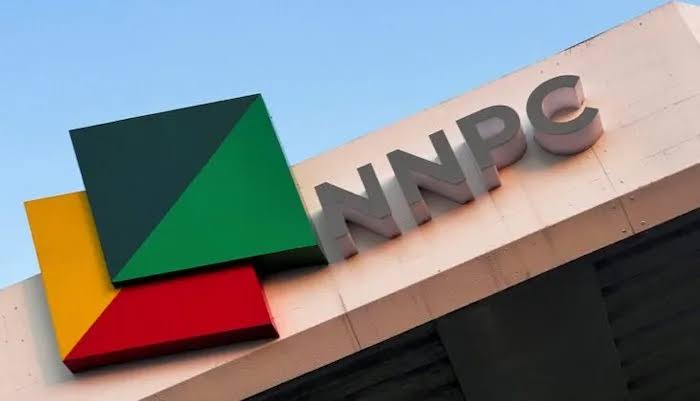The Nigerian National Petroleum Company Limited (NNPCL) has announced ambitious plans to slash operational costs in the country’s oil and gas sector by $3 billion in 2025, with a goal to increase savings to $4.5 billion by the end of the year. This bold initiative is part of a broader strategy to revitalize Nigeria’s oil industry, improve competitiveness, and attract fresh investments.
At the 50th anniversary of the Nigerian Association of Petroleum Explorationists (NAPE) in Lagos, NNPCL’s Executive Vice President for Upstream, Udobong Ntia, outlined the company’s commitment to re-engineering its operations, focusing on cost reduction without compromising production efficiency. Given Nigeria’s historically high production costs—ranging from $20 to $40 per barrel due to taxes, levies, security challenges, and intermediary fees—optimizing costs is seen as critical to enhancing sector value and profitability.
NNPCL’s roadmap targets efficiency gains across all production environments, including deepwater, shallow offshore, onshore, and swamp fields. These efforts align with President Bola Tinubu’s directive to attract $30 billion in oil and gas investments by 2027, aiming for $60 billion by 2030. The government also envisions an increase in active rig counts from 43 to 50 by year-end, fueling further production growth.
Between 2024 and mid-2025, Nigeria’s oil output rose from about 1.4 million barrels per day to approximately 1.8 million barrels per day, reflecting increased investment activity and improved operational dynamics. This growth is partly due to substantial investments like the $5 billion Final Investment Decision (FID) signed for Bonga North, expected to add 150,000 barrels per day.
Alongside cost-cutting initiatives, Nigeria is doubling down on broader reforms, including pension system updates and technological enhancements to improve tax collections. These measures aim to build fiscal resilience and support sustainable sector development.
Despite challenges such as the withdrawal of some international service firms, NNPCL is engaging industry leaders to facilitate the return of key foreign partners, ensuring continued access to expertise and resources.
As Nigeria pushes forward with these transformative reforms, stakeholders remain optimistic that cost savings, increased production, and enhanced investment flows will position the country as a leading global oil and gas producer, benefiting the economy and citizens alike.
More than news- Its Icegate

